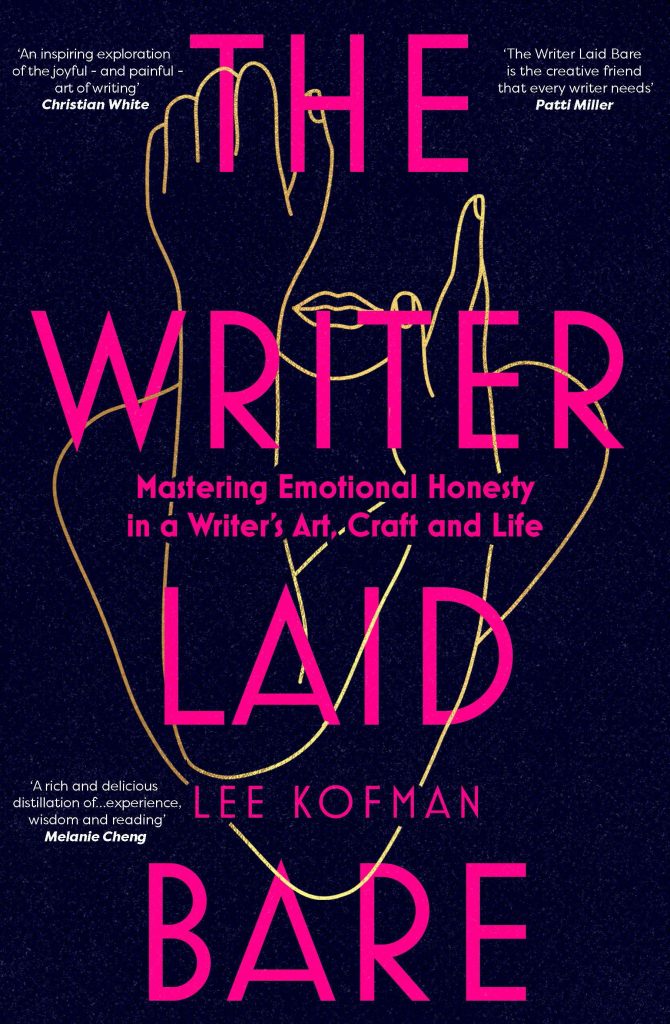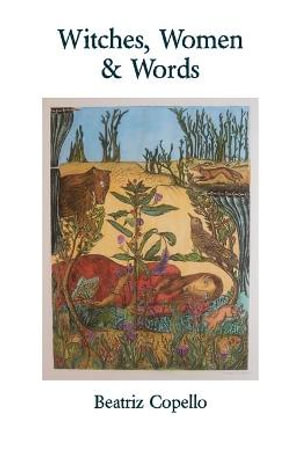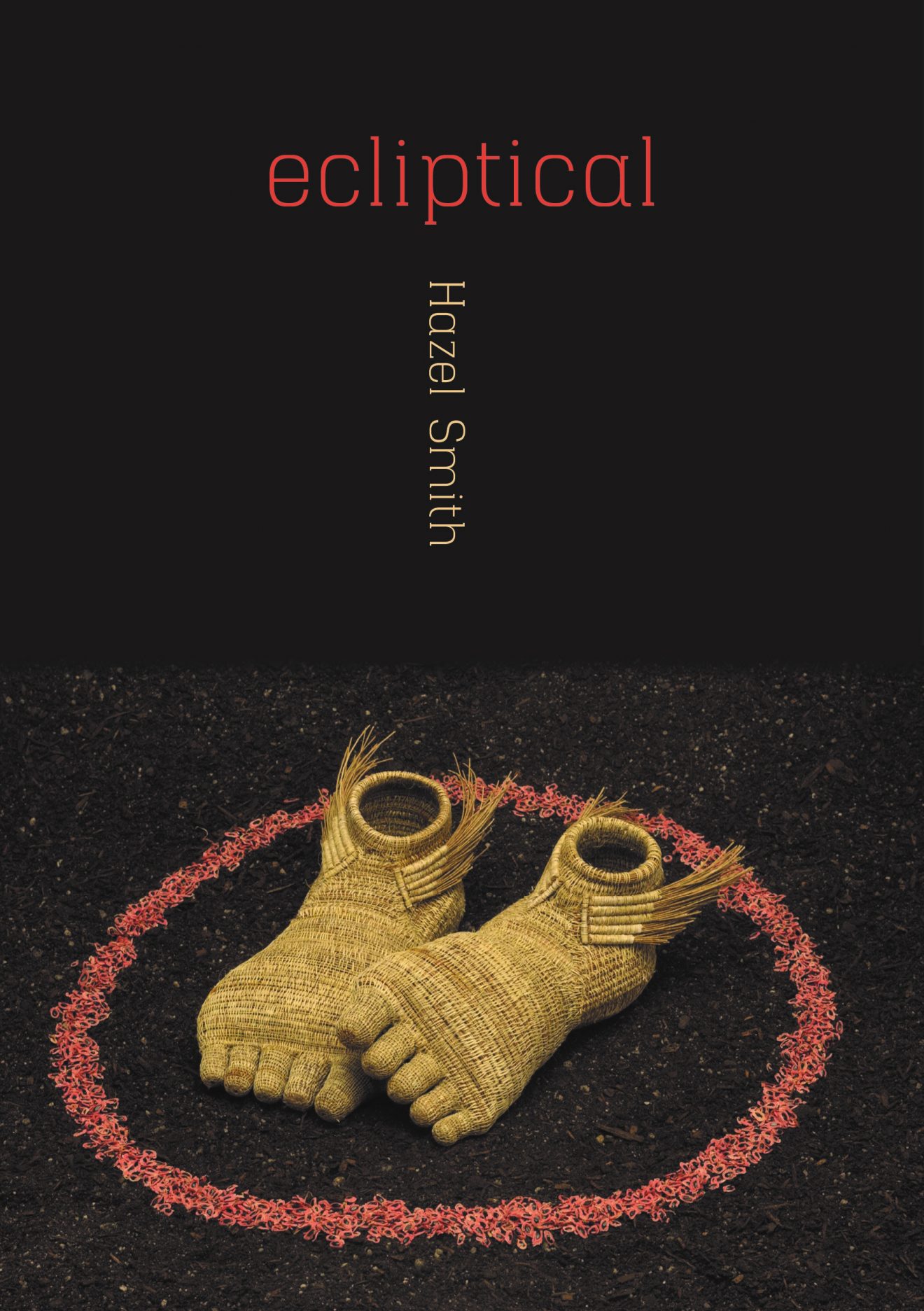 The title poem is a road map to the rest of the collection, both in content and in form. The poem begins with a “cloud of pollen” that chases the ‘I’ and encompasses a myriad of recent occurrences: being “overpowered” by magnolia petals, which the reader might consider positive, but which overwhelms the ‘I’; the “murder hornet” itself, that threatens on a literal level but also represents the consequences of human behavior, such as the increasing frequency of viruses like the coronavirus, weather and climate change, and the horrors in the daily news.
The title poem is a road map to the rest of the collection, both in content and in form. The poem begins with a “cloud of pollen” that chases the ‘I’ and encompasses a myriad of recent occurrences: being “overpowered” by magnolia petals, which the reader might consider positive, but which overwhelms the ‘I’; the “murder hornet” itself, that threatens on a literal level but also represents the consequences of human behavior, such as the increasing frequency of viruses like the coronavirus, weather and climate change, and the horrors in the daily news.
Category: Book Reviews
Book Reviews
A review of The Night Divers by Melanie McCabe
 As you move through the poetry in this collection, it may seem as if the writer is resolved to experience her pain in its most primordial form, without barrier, defense, or comfort. Such sentiments break the surface in “Martyr”: “I permit myself neither opiate nor anodyne. I poke my finger straight into the socket—press my tongue hard to the ice-slick chain link.” The atonement of a survivor is operative here, but there is more.
As you move through the poetry in this collection, it may seem as if the writer is resolved to experience her pain in its most primordial form, without barrier, defense, or comfort. Such sentiments break the surface in “Martyr”: “I permit myself neither opiate nor anodyne. I poke my finger straight into the socket—press my tongue hard to the ice-slick chain link.” The atonement of a survivor is operative here, but there is more.
A review of V8 by PS Cottier and Sandra Renew
 A book about cars, motorbikes, etc? How strange I said to myself and wondered what poems about vehicles would look like. With what enthusiasm would I be reviewing it if I have no attachment or love for any form of transport? I knew that both poets were excellent writers and award winners so that gave me hope. Anxiously, I opened the book and started to read…and was mesmerised from the first few poems.
A book about cars, motorbikes, etc? How strange I said to myself and wondered what poems about vehicles would look like. With what enthusiasm would I be reviewing it if I have no attachment or love for any form of transport? I knew that both poets were excellent writers and award winners so that gave me hope. Anxiously, I opened the book and started to read…and was mesmerised from the first few poems.
A review of The Writer Laid Bare by Lee Kofman
 One of the key tenets of The Writer Laid Bare is the importance of paying attention. This almost obsessive focus is the writers’ stock-in-trade. Kofman calls it voyeurism, but in our attention-starved culture, being able to lock onto the details contained within a moment is more than just a tool to make our work more interesting (though Kofman makes a good case for that), it’s revolutionary.
One of the key tenets of The Writer Laid Bare is the importance of paying attention. This almost obsessive focus is the writers’ stock-in-trade. Kofman calls it voyeurism, but in our attention-starved culture, being able to lock onto the details contained within a moment is more than just a tool to make our work more interesting (though Kofman makes a good case for that), it’s revolutionary.
A review of Witches, Woman and Words by Beatriz Copello
 Throughout this collection the poet argues strongly for the rights of women while foregrounding their innate strengths. She reflects on the way the social order, including the church has conspired to oppress the feminine but also finds solace in the natural world, which is seen as women’s true habitat where ‘Mother Earth embraces each and every one’.
Throughout this collection the poet argues strongly for the rights of women while foregrounding their innate strengths. She reflects on the way the social order, including the church has conspired to oppress the feminine but also finds solace in the natural world, which is seen as women’s true habitat where ‘Mother Earth embraces each and every one’.
A review of The Air in the Air Behind It by Brandon Rushton
 In Rushton’s book, the theme of liminality sits squarely on the interface between the betwixt and between borders of human states and – for that reason – allows the reader to address some of the critical issues of our times, where the fluidity of identity is considered. In the decisive awareness to explore the possibilities that can emerge out of a willingness to stay with ambiguity, the author creates the opportunity to address some of these issues.
In Rushton’s book, the theme of liminality sits squarely on the interface between the betwixt and between borders of human states and – for that reason – allows the reader to address some of the critical issues of our times, where the fluidity of identity is considered. In the decisive awareness to explore the possibilities that can emerge out of a willingness to stay with ambiguity, the author creates the opportunity to address some of these issues.
A review of Torohill by Donna Reis
 In her new book of poems, Torohill, Reis revisits her past in a very human way that is intensely reflective, sometimes brutally stark, and often quite humorous. If comedy is just the other face of tragedy, then our catharsis lies within the synthesis of both. Reis knows this instinctively and expertly weaves both through her poems. It renders them remarkably touching but not in a saccharin or intentional manner. She allows feelings to vacillate and often startle and surprise us organically and authentically.
In her new book of poems, Torohill, Reis revisits her past in a very human way that is intensely reflective, sometimes brutally stark, and often quite humorous. If comedy is just the other face of tragedy, then our catharsis lies within the synthesis of both. Reis knows this instinctively and expertly weaves both through her poems. It renders them remarkably touching but not in a saccharin or intentional manner. She allows feelings to vacillate and often startle and surprise us organically and authentically.
A review of Ecliptical By Hazel Smith
 Ecliptical is a masterful book, full of smart details that will challenge and stretch the most dedicated of readers, but also dark, playful, often funny and always fun to read. The book is political and engaged with current affairs and events and very serious in the way it confronts violence, loss, inequities, and a wide array of impending ends, but it never takes itself too seriously.
Ecliptical is a masterful book, full of smart details that will challenge and stretch the most dedicated of readers, but also dark, playful, often funny and always fun to read. The book is political and engaged with current affairs and events and very serious in the way it confronts violence, loss, inequities, and a wide array of impending ends, but it never takes itself too seriously.
A review of Nothing But Light by Barbara Schwartz and Krista J.H. Leahy
 Nothing But Light teems with characters such as Eve and Gaia, Judy Chicago and Hilma Klint woven into this tapestry of feminine wholeness, a wholeness that embraces rather than excludes. I love the power and playfulness of these poems that center the physical within the context of spiritual questing.
Nothing But Light teems with characters such as Eve and Gaia, Judy Chicago and Hilma Klint woven into this tapestry of feminine wholeness, a wholeness that embraces rather than excludes. I love the power and playfulness of these poems that center the physical within the context of spiritual questing.
Stronger Than Fear: Poems of Empowerment, Compassion, and Social Justice edited by Carol Alexander and Stephen Massimilla
 As the title Stronger than Fear suggests, the book wishes to raise spirits for justice rather than fight it out on the streets or the courtrooms, which is where most, but not all, social justice works itself out. It’s a valiant effort to tilt at windmills. (How many times have poets reminded us that poetry does nothing?).
As the title Stronger than Fear suggests, the book wishes to raise spirits for justice rather than fight it out on the streets or the courtrooms, which is where most, but not all, social justice works itself out. It’s a valiant effort to tilt at windmills. (How many times have poets reminded us that poetry does nothing?).